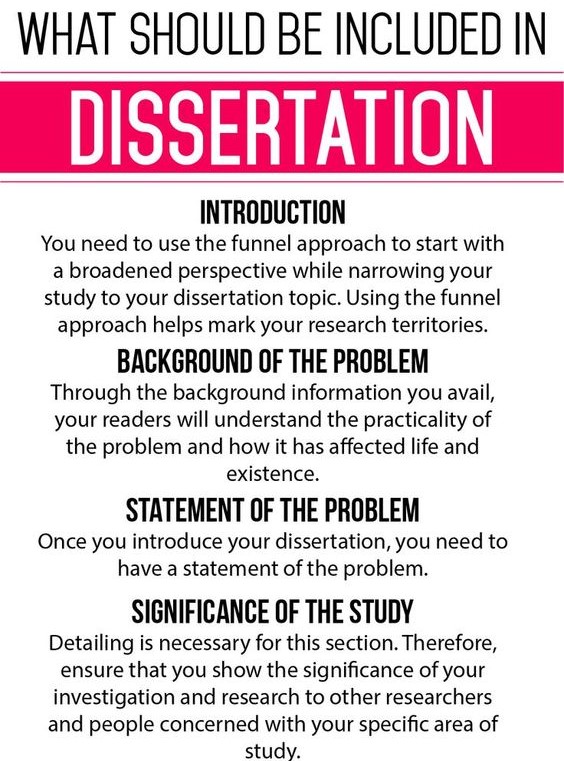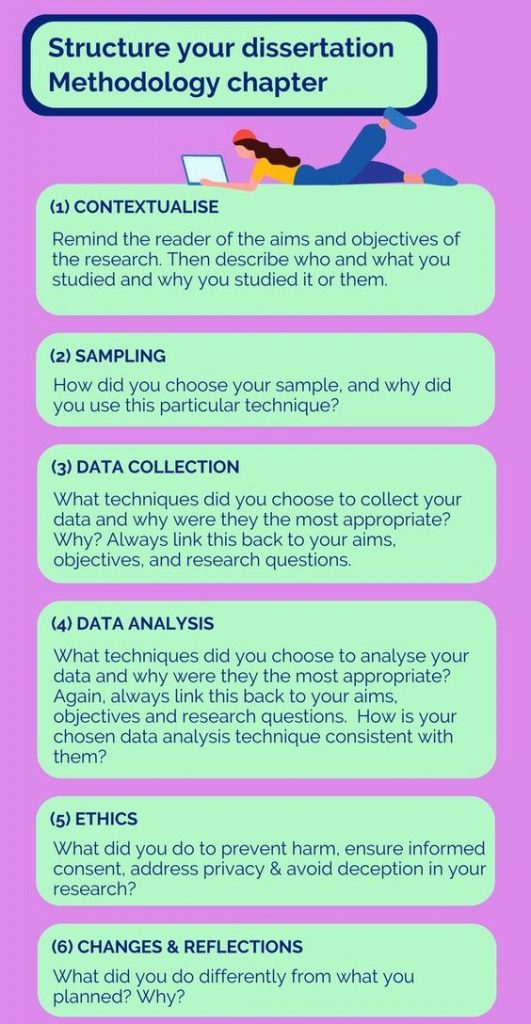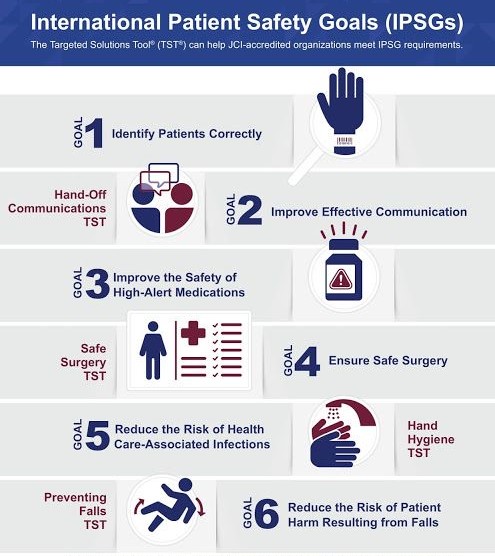The dissertation, often the culmination of years of rigorous academic pursuit, represents a monumental undertaking for aspiring nurses. It’s a chance to delve deep into a specific area of nursing practice, contribute original research, and solidify your expertise. But with the sheer volume of information, intricate methodologies, and stringent academic standards, crafting a well-structured dissertation can seem like navigating a labyrinth.
This guide aims to illuminate the path, providing a comprehensive understanding of dissertation structure and equipping you with the tools to navigate its complexities.
How to Write a Powerful Dissertation
1. Understanding the Foundations: The Dissertation Framework

At its core, the dissertation structure comprises three distinct yet interconnected parts:
- Introduction: This sets the stage for your research by establishing the context, defining the problem, outlining the research questions, and stating the hypotheses. It’s your opportunity to captivate the reader with a compelling argument for your study’s relevance and significance.
- Methodology: Here, you meticulously describe the research design, data collection methods, and data analysis techniques employed. This section must be detailed and transparent, allowing readers to understand and evaluate the validity and reliability of your findings.
- Discussion and Conclusion: This section delves into the interpretation and significance of your findings, relating them back to the existing literature and addressing the research questions. It also incorporates limitations, implications for future research, and recommendations for practice.
2. Building the Foundation: The Introduction
The introduction serves as the cornerstone of your dissertation, laying the groundwork for the entire study. It must be engaging, concise, and meticulously crafted to ensure a clear understanding of your research’s purpose and direction.
- Background and Significance: Begin by introducing the broader context of your research topic, highlighting its importance within the field of nursing. Discuss the current state of knowledge, identify gaps in research, and emphasize the need for your study.
- Problem Statement: Articulate the specific problem your research addresses. This should be a concise and compelling statement that clearly defines the issue you intend to investigate.
- Research Questions and Hypotheses: Formulate specific, answerable research questions that guide your investigation. If applicable, state your hypotheses, which are testable predictions about the relationship between variables.
- Scope and Limitations: Define the scope of your study, specifying the population, setting, and time frame. Acknowledge any limitations that may impact the generalizability of your findings.
- Ethical Considerations: Address any ethical concerns associated with your research, including informed consent, confidentiality, and data security.
3. Delving Deeper: The Methodology
The methodology section provides a detailed roadmap of how you conducted your research, ensuring transparency and reproducibility.

- Research Design: Clearly state the research design employed (e.g., quantitative, qualitative, mixed methods). Justify your choice based on the nature of your research questions and the objectives of your study.
- Participants and Sampling: Describe the population of interest, the sampling method used (e.g., random sampling, convenience sampling), and the characteristics of the participants in your study.
- Data Collection Methods: Provide a comprehensive description of the instruments and procedures used to gather data. This may include surveys, interviews, observations, or physiological measurements.
- Data Analysis Techniques: Explain the specific methods used to analyze the collected data. For quantitative studies, this may involve statistical tests like t-tests, ANOVA, or regressions. For qualitative studies, you may describe themes, codes, or narrative analysis.
- Ethical Considerations (Continued): Reiterate any ethical considerations and explain how they were addressed throughout the research process.
4. Weaving the Narrative: The Discussion and Conclusion
The discussion and conclusion sections bring your research journey to a satisfying close, weaving together findings, implications, and recommendations.
- Discussion of Results: Analyze your findings in detail, comparing them to existing literature and exploring their potential theoretical and practical implications.
- Limitations: Acknowledge any limitations of your study, such as sample size, bias, or methodological constraints. Discuss how these limitations may have affected the results and what implications they have for generalizability.
- Contributions to the Field: Emphasize the original contributions of your study to the body of nursing knowledge. How does your research advance the understanding of the chosen topic?
- Recommendations for Practice: Based on your findings, propose practical recommendations for nursing practice. How can your research inform changes in patient care, education, or policy?
- Future Directions: Identify areas for future research that build upon your findings. Suggest promising avenues for further exploration of the topic.
- Conclusion: Summarize the key findings of your study and restate the significance of your research. Reiterate the implications for nursing practice and the field of nursing research.
5. The Art of Structure: A Step-by-Step Guide
- Outline First, Write Later: Create a detailed outline before you start writing. This will help you organize your thoughts and ensure a logical flow throughout your dissertation.
- Start with the Introduction: Write the introduction last. This allows you to shape the introduction based on the final form of your study.
- Write in a Clear and Concise Style: Use clear, direct language and avoid jargon. Strive for conciseness and avoid redundancy.
- Integrate Supporting Evidence: Back up your claims with relevant literature and research findings. Use citations to give credit to others and support your arguments.
- Edit and Proofread Carefully: Once you’ve completed your dissertation, carefully edit and proofread your work. Ensure that your writing is error-free and flows seamlessly.
6. Key Considerations for Nursing Dissertations
- Clinical Relevance: Ensure your research has clear implications for nursing practice. Choose a topic that directly addresses issues faced by nurses or patients.
- Methodological Rigor: Employ sound research methods to ensure the validity and reliability of your findings. Seek guidance from experienced researchers and statisticians.
- Ethical Considerations: Prioritize ethical considerations throughout the research process, obtaining informed consent and protecting participants’ privacy.
- Writing Style and Formatting: Follow the specific guidelines provided by your institution, including formatting, citation style, and referencing.
7. The Importance of Supervision
Throughout your dissertation journey, seek guidance from a qualified supervisor who can provide valuable feedback and support. Your supervisor can help you:
- Develop a research question: Your supervisor can help you refine your research topic and develop a clear, focused research question.
- Design your research: They can provide guidance on the appropriate research design, methodology, and data analysis techniques.
- Write your dissertation: Your supervisor can offer feedback on your writing, structure, and content.
- Navigate the process: They can provide support and guidance throughout the entire dissertation process, helping you to stay on track and meet deadlines.
Nursing Dissertation Topics to Inspire You
Here are 5 common nursing dissertation topics, spanning a range of areas within the profession:
1. Patient Safety and Quality Improvement:
- Topic: The impact of implementing a specific safety protocol (e.g., medication reconciliation, fall prevention) on patient outcomes in a specific setting (e.g., acute care, long-term care).
- Potential Research Question: Does the implementation of a standardized medication reconciliation protocol reduce medication errors and improve patient safety in an acute care setting?

2. Chronic Disease Management:
- Topic: Examining the effectiveness of self-management interventions for patients with chronic conditions (e.g., diabetes, heart failure) in improving patient outcomes and reducing hospital readmissions.
- Potential Research Question: Does a tailored educational program for patients with Type 2 diabetes improve their glycemic control and self-management skills?
3. Technology and Nursing:
- Topic: Exploring the impact of telehealth or mobile health interventions on patient satisfaction, adherence to medication regimens, or access to healthcare for specific populations.
- Potential Research Question: How does the use of a mobile health app impact adherence to medication regimens among patients with hypertension?
4. Nursing Workforce and Burnout:

- Topic: Investigating the factors contributing to burnout and job satisfaction among nurses in a particular specialty (e.g., critical care, emergency room) or setting.
- Potential Research Question: What are the most significant contributing factors to burnout among nurses working in intensive care units, and what interventions can mitigate these factors?
5. Cultural Competence and Health Disparities:
- Topic: Examining the impact of culturally tailored nursing interventions on health outcomes for specific minority or underserved populations.
- Potential Research Question: How does culturally-sensitive patient education influence health outcomes and medication adherence among Hispanic patients with diabetes?
Remember that these are just starting points. It’s crucial to choose a topic that is relevant to your interests and passions, and one that you can realistically research within your time constraints and available resources.
The Dissertation as a Transformation
The dissertation journey is not just about producing a written document. It’s a transformative experience that challenges your thinking, deepens your understanding of nursing, and prepares you to become a more informed and effective practitioner. By mastering the principles of dissertation structure, you’ll not only produce a scholarly work but also equip yourself with the skills and knowledge to make a lasting impact on the field of nursing.
The dissertation is a demanding but rewarding endeavor that requires a strong foundation in dissertation structure, meticulous attention to detail, and unwavering commitment to your research. By carefully planning, executing, and documenting your research, you can embark on a journey of discovery that contributes to the advancement of nursing knowledge and practice. As you navigate the labyrinth of dissertation writing, remember that your dedication and perseverance will ultimately lead you to a powerful and impactful destination.
Professional Nursing Dissertation Writing Services
At Exemplary Dissertations, we provide professional dissertation writing services for nursing and several other academic programs. Our service covers topic suggestion, dissertation writing, proof reading and editing, plagiarisms check and removal. Engage us today for a powerful nursing dissertation.

